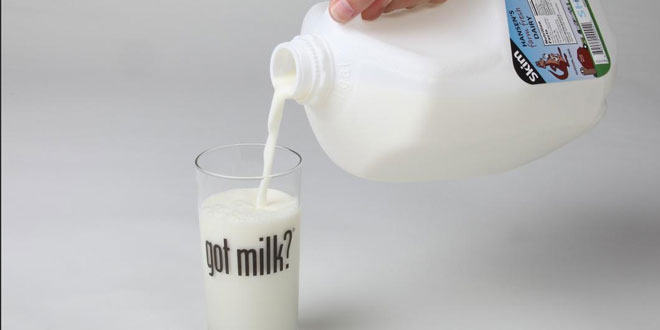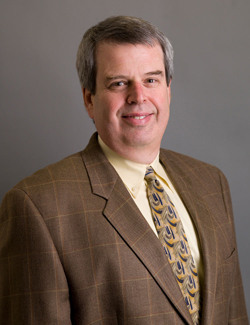
Drink Your Milk!!
Bone health is something that starts as a child and continues throughout our lives. We come into the world at 8 pounds and grow from there to our adult height and weight. Our bones develop along the way and what we do makes a huge difference about our bones strength and durability. Our bones are sensitive to our diet, exercise and habits and we need to take care of them so they can support us for a lifetime.
We need calcium (Ca) for our bones to make Calcium Apatite which is the mineral that gives our bones strength. Up to 50% of our bones by weight is Calcium Apatite. Vitamin D is important to help us absorb Calcium from our gut. Up to 90 percent of our peak bone mass is in place by age 18 in women and age 20 in men. This is the most important time for us to make that investment in our health. A diet high in Calcium and Vitamin D and plenty of exercise is most important at this age to get the best bone development. Calcium is also very important for the proper nerve and muscle function and blood clotting.
Osteoporosis is a disease where our bones lose the Calcium and become weaker and more prone to fracture. The most common sites of fracture are the wrist, spine and hip. Risk factors include
- Female Gender
- White and Asians race
- Thin, small framed people
- Menopause and earlier onset is a greater risk
- Alcoholism and cigarette smoking
- Inflammatory bowel disease such as Crohn’s disease and ulcerative colitis or malabsorption
- Autoimmune disease or other diseases such as asthma treated with corticosteroids
- Eating disorders such as anorexia
- Cancer
- Physical inactivity
- Lactose intolerance
- Lack of sunlight or poor dietary sources are risk factors for Vitamin D deficiency.
Many times we think of osteoporosis as a problem for older women but can be seen in younger men and women with some of these risk factors.
There are usually no symptoms until one fractures a bone. The diagnosis is made with dual energy xray absorptometry or Dexa scan. This measures the bone mineral density throughout the skeleton and usually the hip and spine are examined more closely as these are sites at risk for fracture. This can tell us who has low bone mineral density and needs a lifestyle and dietary change to address this.
As with many other health problems, prevention is best. One of our best preventative steps is to increase our Calcium and Vitamin D intake. The daily recommended amount of Calcium is 1000 mg per day for men and women up to age 50. The recommended amount goes up to 1200 mg per day for women over age 50 and men over age 70. Good sources of calcium include
- Dairy products including cheese, milk and yogurt
- Green vegetables including broccoli, kale and Chinese cabbage
- Fortified foods such as juices, tofu and ready to eat cereals
- Spinach has a lot of Calcium but it is not bioavailable and can bind other sources of Calcium and lower the absorption.
- Calcium supplements are available. Calcium citrate can be better absorbed than Calcium carbonate but both can be effective.
High alcohol intake can lead to poor Calcium and Vitamin D absorption by increasing the hormone that causes the bone to lose Calcium and poor intestinal absorption. Cigarette smoking inhibits Calcium absorption from the intestine. Excessive sodium or protein intake can lead to Calcium loss in the urine and can even increase the risk of kidney stones.
The daily recommended amount of Vitamin D is 600 IU per day. Dietary sources include fatty fish such as salmon, tuna and swordfish, fish liver oil and fortified products such as milk. Sunlight is very important as the body can manufacture Vitamin D from sunlight. Sunscreen can impair our production.
Exercise is very important in the prevention of osteoporosis. Weight bearing exercise is most important. This can include resistance, hiking, jogging, stair climber, elliptical or weight training. Swimming or bicycle riding are not nearly as effective at building or maintaining bone mass. The important thing is to build your bone mass when you are younger and not try to rebuild the bone mass when older.
If Osteoporosis does occur, medications such as Actonel or Fosamax can be prescribed.
So go ahead and drink your glass of milk. It provides good protein, Calcium and Vitamin D. It will make your mother happy. She always knows best.
About the author:
 Dr Schutz was born in Newport News, VA and grew up in Flemington, NJ. He attended Rutgers University and New Jersey Medical School where he graduated in 1985. He was selected as a “Top Doc” in NJ Monthly Magazine and is the former President of the Medical Staff at Shore Memorial Hospital. He is married and has 3 children. He is active in religious and youth activities.
Dr Schutz was born in Newport News, VA and grew up in Flemington, NJ. He attended Rutgers University and New Jersey Medical School where he graduated in 1985. He was selected as a “Top Doc” in NJ Monthly Magazine and is the former President of the Medical Staff at Shore Memorial Hospital. He is married and has 3 children. He is active in religious and youth activities.

